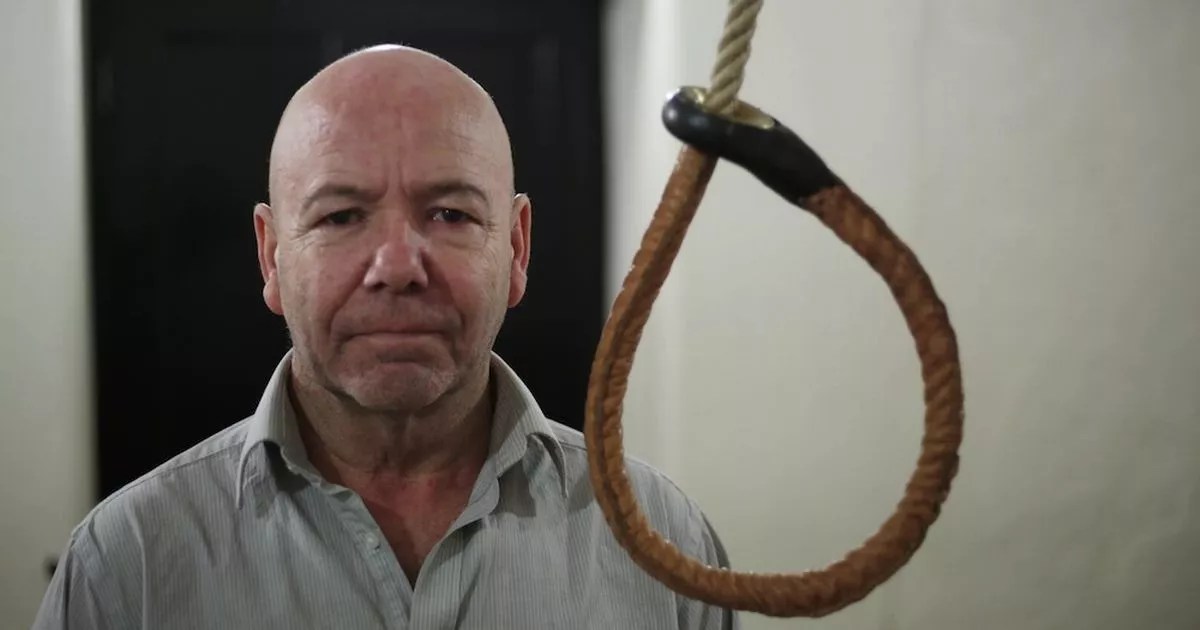There has been an ongoing debate about whether executions should be televised to the public. Some argue that it would serve as a deterrent to crime, while others believe it would be inhumane and unethical. Let's take a closer look at the arguments on both sides of the issue.
Proponents of televising executions argue that it would increase transparency in the justice system. By allowing the public to witness the consequences of heinous crimes, it may serve as a powerful deterrent to potential offenders. According to a study by the American Psychological Association, fear of punishment can be a significant factor in preventing individuals from committing crimes.
Furthermore, supporters believe that televising executions would provide closure to the victims' families. Seeing the perpetrator face justice publicly may help them find some sense of peace and justice for the crimes committed against their loved ones.
On the other hand, opponents of televised executions argue that it would be a violation of human rights and dignity. They believe that broadcasting someone's death, regardless of their crimes, is inhumane and degrading. The American Civil Liberties Union (ACLU) has spoken out against the practice, stating that it goes against the Eighth Amendment prohibition of cruel and unusual punishment.
Additionally, critics argue that televising executions could glorify violence and desensitize the public to the taking of a human life. This could have negative consequences on society as a whole, leading to a culture that is more accepting of violence and death as a form of entertainment.
Despite the arguments on both sides, there are currently no federal laws in the United States that prohibit the televising of executions. However, individual states have the authority to decide whether or not to allow cameras in the execution chamber.
According to a Gallup poll conducted in 2020, 53% of Americans were in favor of televising executions, while 43% were against it. The results show a divided public opinion on the issue, with strong arguments on both sides.
As the debate continues, it is important to consider the ethical implications of televising executions. While transparency and justice are important goals in the criminal justice system, it is essential to balance them with respect for human rights and dignity.
In conclusion, the question of whether executions should be televised is a complex and contentious issue. While there are arguments to be made on both sides, it ultimately comes down to a question of morality and ethics. As society continues to grapple with this dilemma, it is crucial to consider the implications of such a decision on our values and principles as a civilized society.
Keywords: executions should be televised, pros and cons of televising executions, public opinion on televised executions, ethical implications of televising executions, human rights and dignity, deterrent to crime, closure for victims' families, transparency in the justice system, American Civil Liberties Union, Gallup poll on televised executions.
Christmas Fairs 2023: A Festive Extravaganza For All!
Chris Buchleitner And Manuel Cordova: A Dynamic Duo Making Waves In The Business World
Kori Lorick FBI: The Untold Story

